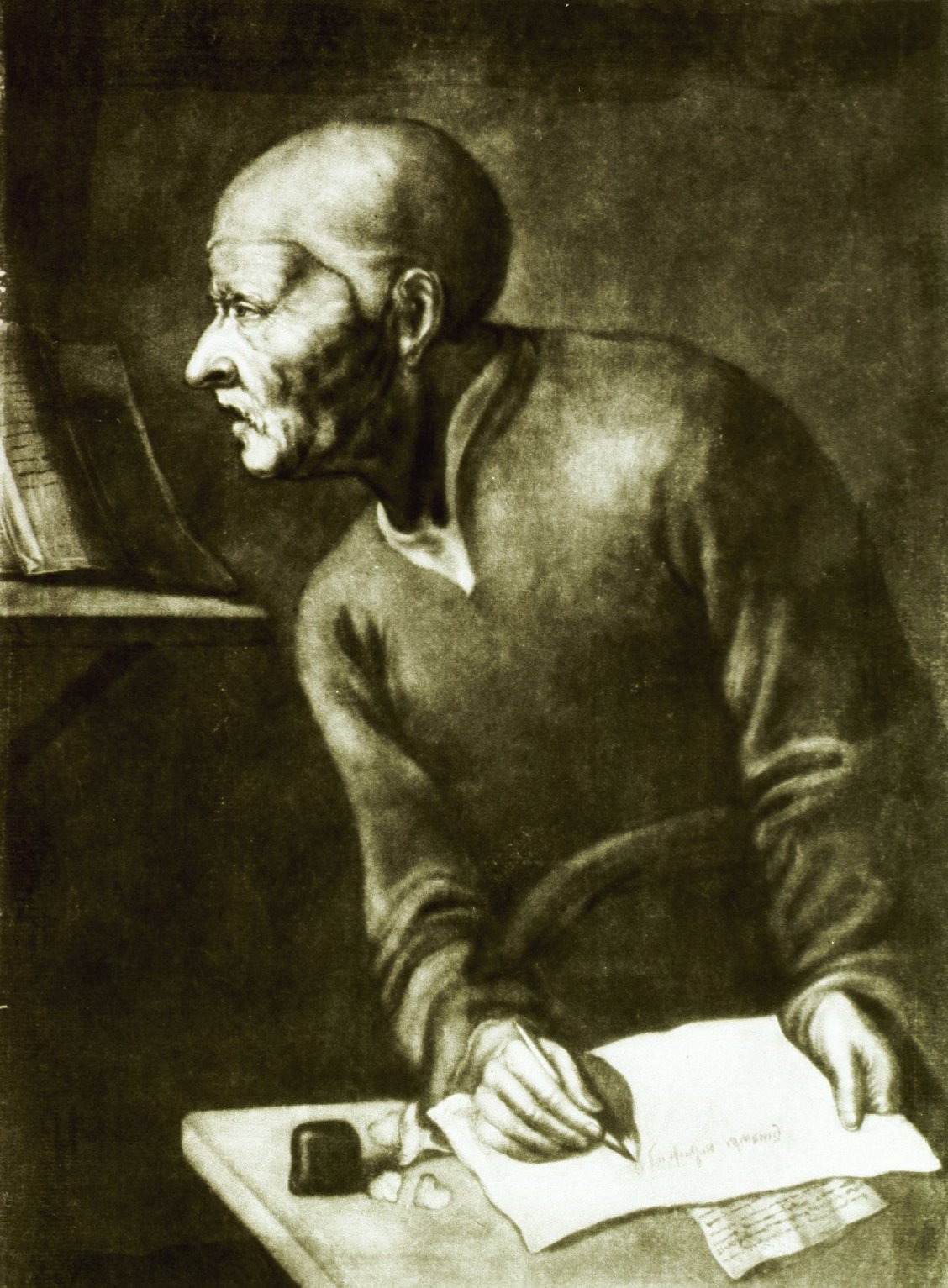“If all men by nature desire to know, then they desire most of all the greatest knowledge of science. So the Philosopher argues in chap. 2 of his first book of the work [Metaphisics]. And he immediately indicates what the greatest science is, namely the science which is about those things that are most knowable. But there are two senses in which things are said to be maximally knowable: either [1] because they are the first of all things known and without them nothing else can be known; or [2] because they are what are known most certainly. In either way, however, this science is about the most knowable. Therefore, this most of all is a science and, consequently, most desirable…”
sic: si omnes homines natura scire desiderant, ergo maxime scientiam maxime desiderabunt. Ita arguit Philosophus I huius cap. 2. Et ibidem subdit: "quae sit maxime scientia, illa scilicet quae est circa maxime scibilia". Maxime autem dicuntur scibilia dupliciter: uel quia primo omnium sciuntur sine quibus non possunt alia sciri; uel quia sunt certissima cognoscibilia. Utroque autem modo considerat ista scientia maxime scibilia. Haec igitur est maxime scientia, et per consequens maxime desiderabilis.
sic: si omnes homines natura scire desiderant, ergo maxime scientiam maxime desiderabunt. Ita arguit Philosophus I huius cap. 2. Et ibidem subdit: "quae sit maxime scientia, illa scilicet quae est circa maxime scibilia".
Maxime autem dicuntur scibilia dupliciter: uel quia primo omnium sciuntur sine quibus non possunt alia sciri; uel quia sunt certissima cognoscibilia. Utroque autem modo considerat ista scientia maxime scibilia. Haec igitur est maxime scientia, et per consequens maxime desiderabilis.
Quaestiones subtilissimae de metaphysicam Aristotelis, as translated in: William A. Frank, Allan Bernard Wolter (1995) Duns Scotus, metaphysician. p. 18-19
